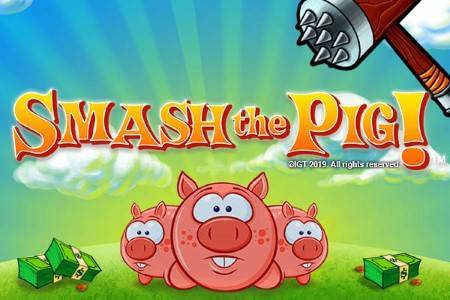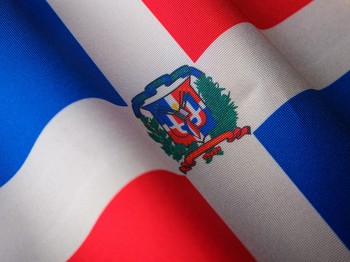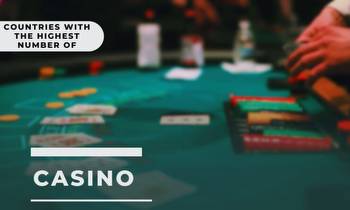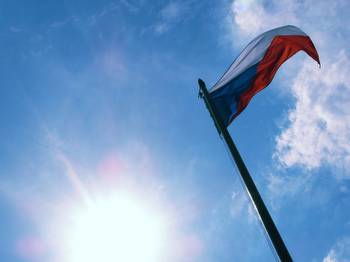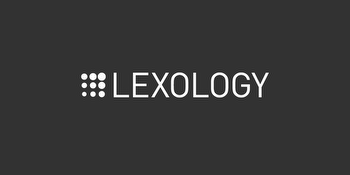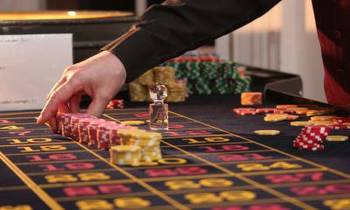The impact of the war in Ukraine on Eastern Europe's most promising gambling markets

Eastern Europe has become a prominent market with solid growth potential for the entertainment industry, and companies are seeking opportunities to build strategic advantage in the region. But what has been the impact of the war in Ukraine?
Over the past decade, the European gambling market has shown significant growth. Thanks to regulatory bodies collating and reporting jurisdictional online market data, the business has moved out of the shadows and become more transparent. Excluding lotteries, locally licensed online gambling revenue across Europe is growing year by year: from 17.3 billion euros in 2019 to 24.6 billion euros in 2021.
The Covid-19 crisis slowed growth compared to 2019, but accelerated the market transformation from offline to online.
In 2021, Europe’s online gambling revenue was expected to reach 36.4 billion euros (41.7 per cent of total gambling) gross gaming revenue (GGR), an increase of 19 per cent compared to 2020. It’s worth noting that among the fastest-growing regulated online markets are countries from Eastern Europe.
At the beginning of 2022, another threat shocked the region—the war in Ukraine. Thousands of lives have been lost, and millions are at stake. Russian aggression has destroyed infrastructure, dealt more than 600 billion euros in direct losses to Ukraine’s economy, changed the global energy landscape, caused irreparable environmental damage, and created the world’s largest human displacement crisis. Of course, all these factors and the ongoing crisis have impacted the region’s gambling market and player activity.
But let’s look at Eastern European markets, which remain promising despite global crises and the hostilities in Ukraine.
Romania: One of the fastest-growing online markets in Europe
The National Gambling Office (ONJN) regulates the Romanian market, with its wide range of products, via local licences available to private operators.
Alongside secondary legislation and full online gambling licences, GGR is growing yearly. In 2017, online GGR grew by 84 per cent, in 2018 by 50 per cent, and in 2019 by 39 per cent. The most substantial double-digit growth was in the Covid-19 year when GGR grew by 88 per cent, after which a modest increase of nine per cent in 2021 failed to match the impressive figures of the preceding years.
The accelerated growth observed in 2020 was the highest of any established regulated online market in Europe and followed market expansion of 50 per cent in 2018 and 39 per cent in 2019, with full-year GGR having grown more than sevenfold between 2016 and 2020.
The online share of gambling activity in Romania is one of the top five indexes across Europe: 56.7 per cent in Romania, 59.3 per cent in the UK, and 59.4 per cent in Denmark. According to the statistics, online betting shares have risen to 60 per cent, almost doubling the 30 per cent share of casino products. Poker, lottery, and bingo combined account for less than 10 per cent of the market.
Licensed online operators in Romania are subject to a 16 per cent tax on incomes collected from gambling activities, but no less than 100,000 euros per year.
The government has set a course for further regulation and development of the gambling industry. For instance, a bill imposing a 40 per cent tax on profits from gambling has been greatly changed, reducing the burden by several times depending on the amount of withdrawal.
Czechia: Leading growth potential in Central and Eastern Europe
Since 2017, Czechia has fully regulated online gambling under the oversight of the Ministry of Finance. Current legislation allows all land-based forms of online gambling, including lottery, sports betting, casino games, and card games.
According to the Czech Ministry of Finance, from 2017 to 2021, GGR grew from nearly 330 million euros to 800 million euros. The seven years between 2010 and 2017 were characterised by consistent 20 per cent plus yearly growth, moderated to just 3.1 per cent in 2018 before rebounding above the 20 per cent mark in 2019. It’s noteworthy that the central part of the growth in GGR is related to the online gaming share, which is connected to Covid-19 restrictions and the ban on major sporting events.
Online sportsbook revenue in the Czech Republic has grown roughly tenfold over the past decade, spanning both the current and previous licensing regimes, but edged back by 1.7 per cent to 7.6 billion Czech crowns (298 million euros) amid the disrupted sporting calendar of 2020.
The statistics show that the republic’s online share of the total gambling market revenue ranked 10th among all European countries with growth just below 50 per cent. If we consider the gambling product shares of national gambling markets, in 2020, sports betting was in first place with around 48 per cent of GGR, casinos took second place with 40 per cent, 10 per cent went to the lottery, and two per cent to poker.
Taxation in the market is set at 23 per cent of GGR for most games, except for lotteries and “technical games” such as online poker, roulette, or gaming machines, which face an internationally high GGR tax of 35 per cent.
The blocklist provided by the Ministry of Finance has significantly prevented unlicensed operators from entering the Czech market. Since 2018, in the name of transparency, the Ministry of Finance has been obliged to obtain court approval before adding new domains to the blocklist.
Poland: The strictest regulation in Europe
Poland is a tough market with great potential. Online gambling in Poland is regulated by a state monopoly, except for online betting and promotional lotteries. Betting licences are available to private operators, but these licences don’t provide other online products, only betting on sports and horse racing.
According to the Polish Ministry of Finance, in 2021, regulated online GGR exceeded 600 million euros. The ministry also says that in 2021, betting turnover was over two billion euros, which is 46 per cent more than in 2020. The growth dynamics of online betting were positive and stable despite the Covid-19 crisis.
The regulation policies resulted in part of the online betting GGR being way higher than that of online casinos. As for the gambling product shares of the online market, betting was in the lead with more than 50 per cent of GGR. Online casinos were second with more than 23 per cent, and third place went to the lottery with almost 20 per cent. Bingo and poker share two-three per cent between them.
Poland’s licensed online betting operators are subject to a widely criticised 12 per cent turnover tax left untouched by the 2017 amendments.
The blocklist provided by the Ministry of Finance in May 2022 counted almost 25,000 domains, showing remarkable work provided to establish regulation in the industry and great interest in the Poland market from operators.
How the war in Ukraine affected the Eastern European gambling market
Military aggression against Ukraine has isolated Russia from the rest of the world, including the gambling market. Indeed, the Russian gambling industry will be damaged by bans on Russia from sports events such as the UEFA Champions League, the cancellation of the Formula 1 Grand Prix, the exclusion of other sports teams and the imposition of sanctions.
Our Parimatch brand was one of the market leaders in Russia and Belarus, with a solid market share. But the war started by Russia against the Ukrainian people is unacceptable; thus, following all the necessary legal proceedings, we withdrew the Parimatch brand and ceased all operations. DraftKings, FanDuel, Statscore, 888poker and GGPoker, Bet365, PokerStars, and other international market leaders also demonstrated their solidarity with the people of Ukraine and left the Russian market.
The general crisis also affects Eastern European gambling due to changes in the energy market and accelerating inflation. People’s incomes are falling, reducing the amount of money they can devote to entertainment.
But the fall in income doesn’t mean people have stopped spending on entertainment. Betting and gambling are primarily about emotions that distract from and relieve stress. In times of worldwide crisis too. Recent studies of the Eastern European market show that the region’s interest in betting has been consistently high, with similar activity peaks on weekends and during significant sports events.
The cost of living crisis explains why index peaks are lower than before February 24, but the general level of interest is just the same. Except for Russia, Belarus and Ukraine, the Eastern European gambling market continues to see sustainable development.
This content has been produced in collaboration with a partner organisation through our members’ club. Our membership programme helps companies boost their digital presence and strengthen the thought leadership of their experts. Find out more here.







